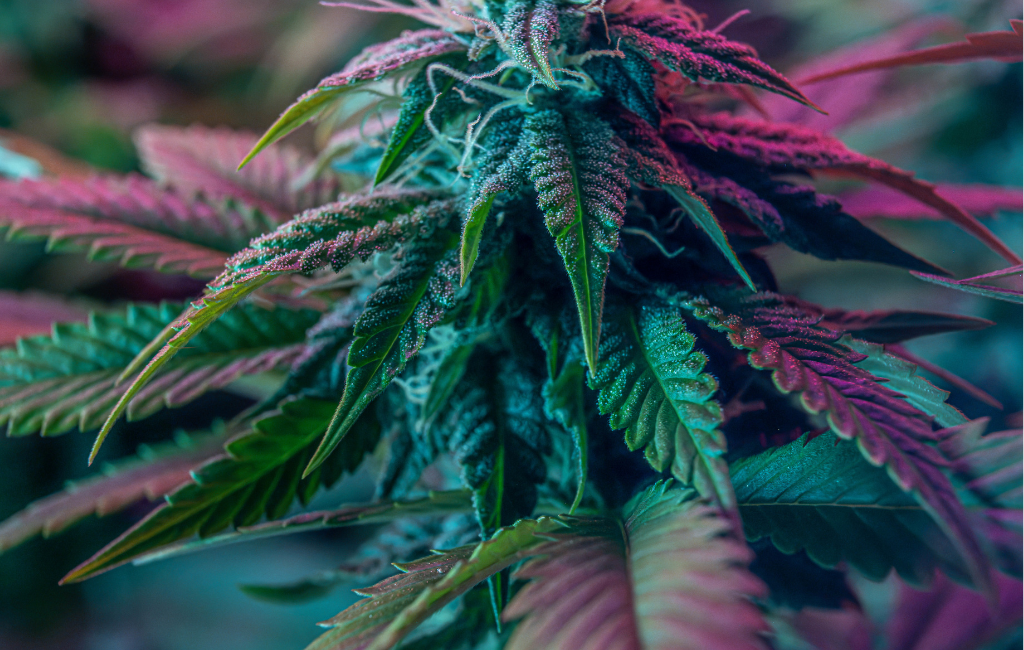-
Table of Contents
Health THCA Flower Body Mind
In recent years, the interest in cannabis and its various compounds has surged. Among these, THCA (tetrahydrocannabinolic acid) has garnered attention for its potential therapeutic benefits. Unlike its more famous counterpart THC (tetrahydrocannabinol), THCA is non-psychoactive, making it an appealing option for those seeking relief without the high.
Understanding THCA
THCA is a cannabinoid found in raw and live cannabis. It is the precursor to THC, meaning that when cannabis is heated through smoking, vaping, or cooking, THCA converts to THC. This process is known as decarboxylation. In its raw form, THCA does not produce the psychoactive effects associated with THC.
Potential Health Benefits
Research into THCA is still in its early stages, but preliminary studies and anecdotal evidence suggest several potential health benefits:
- Anti-inflammatory Properties: THCA may help reduce inflammation, making it a potential treatment for conditions like arthritis and lupus.
- Neuroprotective Effects: Some studies indicate that THCA could protect brain cells, which might be beneficial for neurodegenerative diseases such as Alzheimer’s and Parkinson’s.
- Anti-emetic Properties: THCA has shown promise in reducing nausea and vomiting, which could be helpful for patients undergoing chemotherapy.
- Antioxidant Properties: THCA may help combat oxidative stress, which is linked to various chronic diseases.
Case Studies and Real-World Examples
Several case studies highlight the potential of THCA in providing relief for various conditions:
Case Study: Arthritis Relief
A 2018 study published in the “Journal of Pain Research” examined the effects of THCA on patients with arthritis. Participants reported significant reductions in pain and inflammation after using THCA-rich cannabis extracts. This suggests that THCA could be a viable alternative to traditional pain medications.
Case Study: Neurodegenerative Diseases
In a 2017 study, researchers explored the neuroprotective effects of THCA on mice with neurodegenerative conditions. The results indicated that THCA helped protect brain cells and improve motor function. While more research is needed, these findings are promising for future treatments.
How to Use THCA Flower
There are several ways to incorporate THCA flower into your wellness routine:
- Raw Consumption: Adding raw cannabis leaves or flowers to smoothies or salads can provide THCA without the psychoactive effects of THC.
- Juicing: Juicing raw cannabis is another popular method. This allows for the consumption of THCA in its purest form.
- Tinctures and Oils: THCA tinctures and oils can be taken sublingually (under the tongue) for quick absorption.
- Topicals: THCA-infused creams and balms can be applied directly to the skin for localized relief from pain and inflammation.
Legal Considerations
The legal status of THCA varies by region. In some areas, THCA is considered legal as long as it is derived from hemp and contains less than 0.3% THC. In other regions, all forms of cannabis are regulated. It’s important to research the laws in your area before purchasing or using THCA products.
Consumer Tips
When purchasing THCA flower or products, consider the following tips:
- Source Quality: Look for products from reputable sources that provide third-party lab testing to ensure purity and potency.
- Understand Dosage: Start with a low dose and gradually increase until you find the amount that works best for you.
- Consult a Healthcare Professional: If you have any medical conditions or are taking other medications, consult with a healthcare provider before using THCA.
Future Research and Developments
The potential of THCA is just beginning to be understood. Ongoing research aims to uncover more about its therapeutic properties and how it can be used effectively. As the legal landscape evolves and more studies are conducted, the availability and acceptance of THCA products are likely to increase.
Conclusion
THCA flower offers a promising natural option for those seeking relief for both body and mind. With its potential anti-inflammatory, neuroprotective, anti-emetic, and antioxidant properties, THCA stands out as a versatile cannabinoid. As research continues to unfold, the therapeutic applications of THCA may become more widely recognized, providing new avenues for natural health and wellness.
